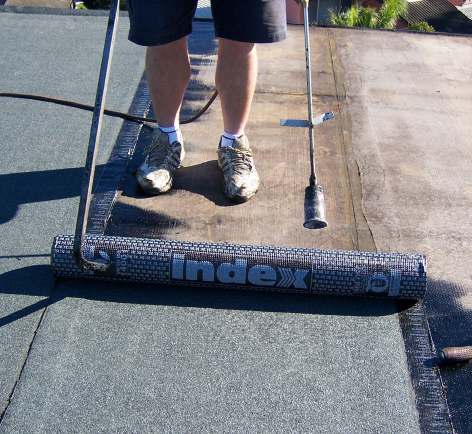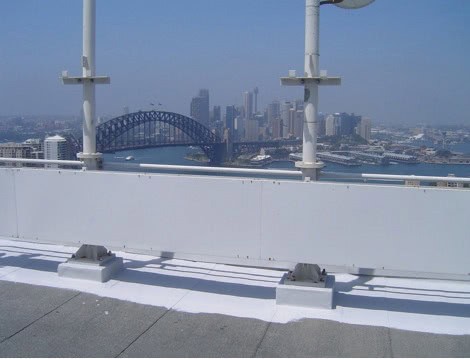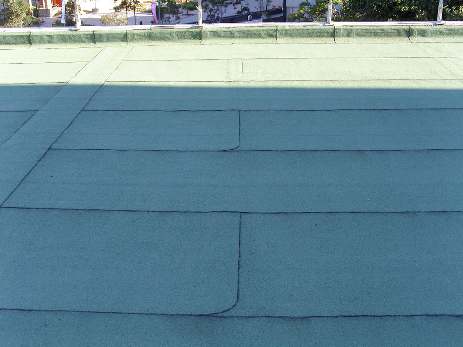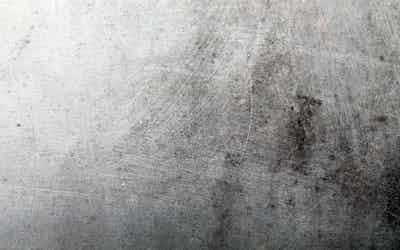Sheet Membrane vs Liquid Membrane – What’s the Difference?

Hours and hours of work go into any good construction project. For that hard labour to pay off, you expect your brand-new structure to be sure and sound for many years to come.
That’s what makes waterproofing such a crucial step. Keeping the elements out means you avoid any unwanted dampness, premature building deterioration or unhealthy conditions.
There are several factors to consider when deciding which type of waterproofing membrane is the best option for the specific needs of your project. Let us show you more about sheet membrane vs liquid membrane to work out what’s best for you.
What is a Sheet Membrane?
Sheet membrane involves applying a continuous layer of watertight material over a surface to create a barrier against the elements. Known for durability, resistance, flexibility and continuity of film thickness, sheet membranes are a popular choice for both residential and commercial projects.
They essentially form an impermeable shield and physical barrier between the elements and the structure beneath. Its main job is to block water molecules from passing through, protecting them from potential water-related damage. Available in a range of materials, including bitumen, polyethylene, rubber and PVC, it’s a flexible solution able to tackle a range of needs and environments.

Some common uses of sheet membranes include:
- Basements
- Underground structures
- Balconies
- Terraces
- Tunnels
What is a Liquid Membrane?
The other option available for your project is a liquid membrane. Instead of laying down rigid sheets, you simply brush, roll, or spray it onto your surface. As it dries, it creates a smooth, protective layer that can wrap around corners, follow curves, and seal up even tricky spaces.
Liquid membranes are typically made from a combination of resins, polymers, and other additives and are popular in modern construction and renovation projects.

Some common uses of liquid membranes include:
- Basements
- Foundations
- Balconies
- Showers
- Outdoor areas
- Pools
Comparison: Sheet Membrane vs Liquid Membrane
Durability
Sheet membrane takes the win when it comes to long-lasting solutions. If applied correctly, you can expect it to last for up to 20 years with proper maintenance. Their resistance to UV, extreme temperatures, and wear and tear make them ideal for long-term use.
Liquid membranes tend to have a shorter lifespan of 10–15 years. However, the application and quality of the product will play a large role in durability, regardless of which type of membrane you’re using.
Application Process
Sheet membranes are generally more complex to apply as they require a high level of precision to ensure success. Air pockets or wrinkles can compromise the effectiveness of waterproofing.
Liquid membranes use brushes, rollers, or spray equipment and require slightly less precision than sheet membranes—that’s what makes them so well-suited to irregular shapes and surfaces. DIYers would likely have more success attempting to apply a liquid membrane, but in all cases, you can’t beat the skill of a professional.
Cost Considerations
Generally, sheet membranes are the more expensive waterproofing option. The initial cost of the materials is higher, and you also need to factor in labour costs. As mentioned above, enlisting a professional to apply sheet membrane to your surfaces is always recommended.
Despite being more expensive up front, in many situations, sheet membranes provide a greater return on interest over time thanks to their durability and long-term performance.
Flexibility and Adaptability
Liquid membranes generally offer more flexibility than their sheet counterparts. Their ability to expand and contract in line with temperature changes is unmatched as an additional level of protection, especially in fluctuating climates.
Compatibility and adhesion with different substrate types will also influence the best kind of membrane for your project. Liquid membranes bond well with a wide range of surfaces, including concrete, metal, wood, and masonry.
Pros and Cons of Sheet Membrane Waterproofing
Pros
- Durability: Sheet membranes, especially those made from bituminous or PVC, can stand strong in even the toughest of situations. Their resilient properties mean they can withstand tearing, potential puncturing, and cracking and ensures the longevity of a structure.
- Consistency: With proper application, sheet membrane provides a uniform coverage to ensure consistent waterproofing across the entire surface with no space for moisture to sneak in.
- Low maintenance: Once installed, sheet membranes should require little to no maintenance, resulting in lower long-term hassle and cost.

Cons
- Complex installation: The intricate sealing method required to ensure uniform thickness and maximum efficiency takes the skill of a professional contractor and can be time-consuming, especially if the surface is uneven.
- Cost: Sheet membranes generally cost more than liquid membranes. This initial outlay can be an issue for projects with smaller budgets. However, the long-term ROI can help offset these concerns.
Pros and Cons of Liquid Membrane Waterproofing
Pros
- Versatility: It’s easy to protect even hard-to-reach areas with liquid membranes. They’re also compatible with a range of substrates including wood, tiles, concrete, metal and brick.
- Seamless Application: Liquid membranes are applied as a continuous layer with no seams. This helps reduce the risk of leaks and ensures full coverage over complex shapes.
Cons
- Shorter lifespan: Compared to sheet membranes, liquid waterproofing often requires more frequent replacement.
- Curing issues: In some cases, the surface condition can impact the liquid membrane’s ability to cure properly—it needs to be clean, dry, and free of contaminants like dust, oil, or moisture. Additionally, it takes time, so your project could be interrupted if it rains, for example.
Which Membrane is Best for Your Project?
Choosing the right waterproofing membrane depends on your project’s specific needs. For large, flat surfaces like roofs, sheet membranes may be the best pick. Whereas, liquid membranes provide the flexibility needed for complex structures.
No matter the size of your project, however big or small, Illawarra Industrial Supplies are your waterproofing experts. With over 120 years of combined experience and a highly trained team, we’ve got the knowledge to ensure we help you find the very best waterproofing for your structures. Give us a call today on (02) 4271 3888, we’re here to help.
- Date
- 20.1.25

